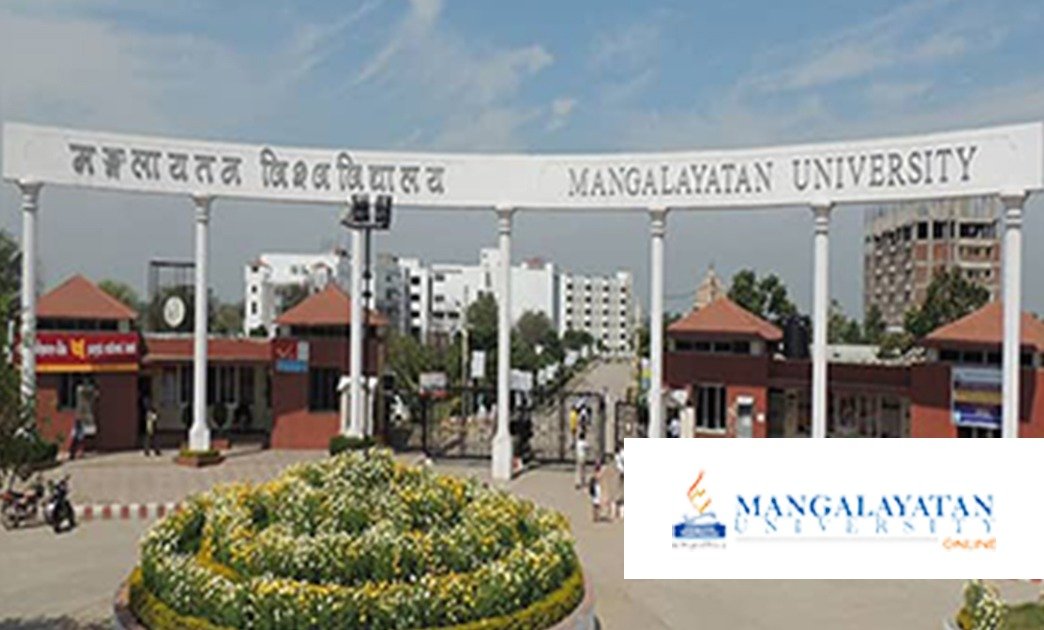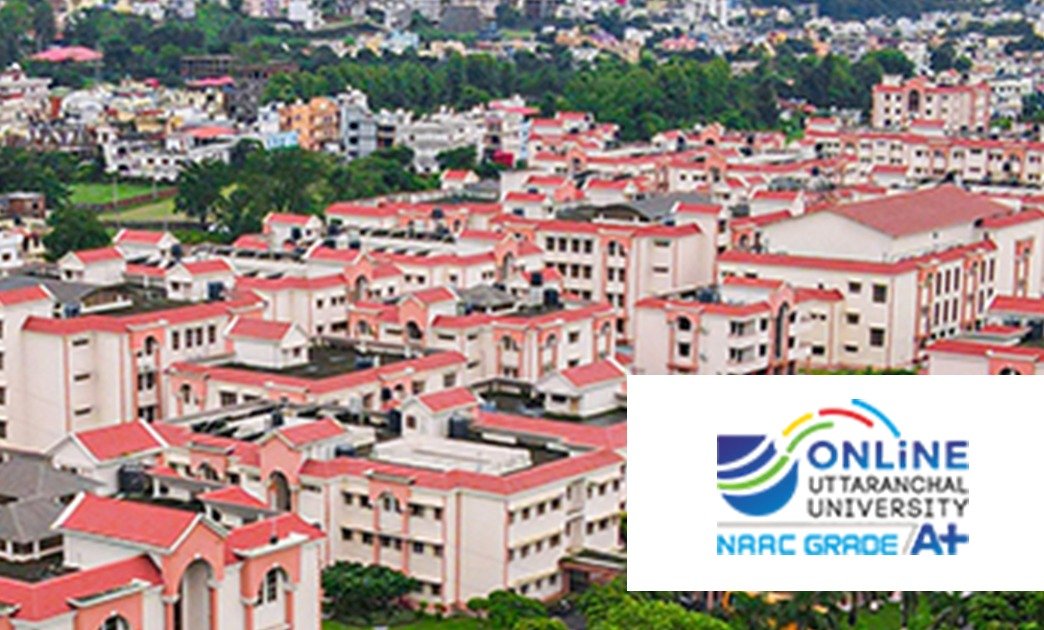MCA After B.Com or BA: Everything You Need to Know Before Applying
Introduction
In today’s competitive job market, the Master of Computer Applications (MCA) has become one of the most sought-after postgraduate courses. It offers a promising career path in the IT industry, software development, and related fields. But what if you have a Bachelor of Commerce (B.Com) or Bachelor of Arts (BA) degree? Can you still pursue MCA, and if yes, is it a wise decision? This blog aims to answer all your questions related to pursuing MCA after B.Com or BA, including eligibility, course structure, benefits, career prospects, and tips for admission.
What is MCA?
MCA, or Master of Computer Applications, is a postgraduate degree that focuses on computer application development, programming languages, software engineering, database management, and other IT-related subjects. The course is designed to prepare students for roles like software developer, systems analyst, database administrator, and IT consultant.
Eligibility Criteria for MCA After B.Com or BA
Traditionally, MCA programs preferred students with a background in Computer Science, IT, or Engineering. However, many universities and institutes now allow graduates from diverse fields, including B.Com and BA, to apply, provided they meet certain criteria.
- Educational Qualification: A bachelor’s degree in any discipline from a recognized university.
- Mathematics Requirement: Most MCA programs require candidates to have studied Mathematics at the 10+2 or graduation level. This is essential because of the technical and quantitative nature of the course.
- Entrance Exams: Many institutes conduct entrance exams such as NIMCET, MAH MCA CET, or their own exams. The entrance tests assess logical reasoning, quantitative aptitude, computer awareness, and general English
Tip: If you have a B.Com or BA without Mathematics, check individual university policies. Some colleges offer a foundation course in mathematics before starting MCA.
Why Choose MCA After B.Com or BA?
Many students with commerce or arts backgrounds hesitate to switch to a technical field. Here are some compelling reasons why MCA can be a great choice after B.Com or BA:
- Expanding Career Options: With an MCA, you can break into the lucrative IT sector, which offers high-paying jobs and growth opportunities.
- Growing Demand for IT Professionals: Every industry today relies on software and technology, increasing demand for skilled computer professionals.
- Bridge the Gap: MCA provides the necessary technical skills to complement your existing knowledge in commerce or arts.
- Versatile Job Roles: You can work in software development, data analysis, IT consultancy, digital marketing, and more.
- Higher Salary Potential: IT roles generally offer higher starting salaries than many commerce or arts-related jobs.
MCA Course Structure: What to Expect?
MCA programs typically span three years (six semesters). The curriculum is a mix of theoretical knowledge and practical application, including:
- Programming Languages: C, C++, Java, Python
- Database Management Systems (DBMS)
- Software Engineering and Development
- Web Technologies and Cloud Computing
- Data Structures and Algorithms
- Operating Systems
- Networking and Security
- Project Work and Internships
The course gradually builds your skills from basics to advanced topics, preparing you for real-world IT challenges.
Challenges of Pursuing MCA After B.Com or BA
Switching from commerce or arts to computer applications can be challenging but manageable with dedication:
- Mathematics and Logical Thinking: If you have limited math background, you might struggle initially. However, many programs provide support through foundation courses.
- Technical Jargon: Familiarity with programming languages and IT concepts will be new for many non-technical graduates.
- Time and Effort: You need to commit time to understand technical subjects and keep up with practical assignments.
- Competition: Many MCA aspirants come from engineering or IT backgrounds, so be prepared to work a bit harder.
How to Prepare for MCA After B.Com or BA?
If you’re planning to pursue MCA after B.Com or BA, here’s how to prepare effectively:
- Strengthen Your Math Skills: Revise basic mathematics concepts such as algebra, probability, and statistics.
- Learn Basic Programming: Get a head start with online courses in C, Python, or Java.
- Practice Logical Reasoning and Aptitude: Many entrance exams test these skills, so daily practice can help.
- Choose the Right College: Research universities and their MCA eligibility policies carefully.
- Prepare for Entrance Exams: Solve previous years’ papers and mock tests to get comfortable.
- Stay Updated with IT Trends: Read blogs, watch tutorials, and engage in tech forums.
Career Opportunities After MCA for B.Com and BA Graduates
An MCA degree opens many doors. Here are some popular career paths:
- Software Developer: Design, code, and maintain software applications.
- System Analyst: Analyze and design IT systems to solve business problems.
- Database Administrator: Manage and maintain databases.
- Network Administrator: Handle an organization’s IT infrastructure.
- IT Consultant: Provide expert advice to optimize technology usage.
- Data Analyst: Interpret data to help in decision-making.
- Digital Marketing Specialist: Use IT and analytical skills for online marketing.
- Project Manager: Lead software development projects.
Salary Expectations After MCA
Salaries vary based on the role, experience, and company. Fresh MCA graduates can expect:
- Entry-Level Salary: ₹3-5 LPA (lakhs per annum) in India
- Mid-Level Roles: ₹6-10 LPA with 3-5 years of experience
- Senior-Level Positions: ₹12+ LPA with expertise and management skills
MCA graduates from commerce or arts backgrounds who gain technical skills and industry exposure can quickly rise in their careers.
Salary Expectations After MCA
Salaries vary based on the role, experience, and company. Fresh MCA graduates can expect:
- Entry-Level Salary: ₹3-5 LPA (lakhs per annum) in India
- Mid-Level Roles: ₹6-10 LPA with 3-5 years of experience
- Senior-Level Positions: ₹12+ LPA with expertise and management skills
MCA graduates from commerce or arts backgrounds who gain technical skills and industry exposure can quickly rise in their careers.
Tips for Success in MCA After B.Com or BA
- Stay Consistent: Technical subjects require regular practice.
- Participate in Internships: Gain real-world experience to complement your degree.
- Network: Connect with alumni, join tech clubs and online communities.
- Keep Learning: Technology changes fast; continuous learning is key.
- Work on Projects: Build a portfolio to showcase your skills to employers.
Conclusion
Pursuing MCA after B.Com or BA is definitely possible and can be a rewarding decision if you are willing to put in the effort. It broadens your career horizons, enhances your skill set, and opens the door to high-growth IT roles. However, it’s important to understand the eligibility criteria, prepare for the technical challenges, and choose the right institution. If you are motivated and ready to learn, MCA can be your gateway from commerce or arts into the booming world of technology.
📞 Contact Information
For inquiries or assistance, you can reach out to College Sarathi through:
- Phone: (+91) 85957-47197
- Email: mail@collegesarathi.com
Their team is available to provide guidance and support for your educational journey.
🌐 Additional Resources
- Official Website: www.collegesarathi.com
- Scholarship Opportunities: College Sarathi offers various scholarship programs to support students financially in their educational pursuits.



















